Knowledge and Attitudes Toward Sexually Transmitted Diseases Among Undergraduates at KIU, Sri Lanka: A Cross-Sectional Study
Background: Sexually Transmitted Diseases (STDs) have become a significant global concern due to their devastating impact on women, men, and infants. For instance, more than one million new cases of STDs are reported daily worldwide, with the majority being asymptomatic. Therefore, understanding the knowledge and attitudes toward these infections is essential. Objective: To assess the knowledge and attitudes toward STDs among undergraduates at KIU, Sri Lanka. Methodology: A descriptive cross-sectional study was conducted among 390 undergraduates at KIU, and the ethical approval was obtained from the Ethics Review Committee of KIU (KIU/ERC/2021/202). Data were collected using a pre-tested, self-administered questionnaire consisting of 48 items. The data were analyzed using SPSS version 25.0 using descriptive statistics. For the total knowledge score, a score below 90 was considered poor, 90-106 was categorized as moderate, and 106-154 as good. In the attitude section, scores below 20 indicated a poor attitude, 20-22 indicated a moderate attitude, and 22-24 indicated a good attitude. Results: Of the participants, 68% (n=265) were female, 75% (n=294) were aged 21-25, and 46% (n=180) were Buddhists. Most of the participants (85%, n=332) were single, studied biology (70%, n=273) and were in health sciences (74%, n=287). Additionally, 65% (n=252) were unemployed, with 57% (n=222) in other jobs. The primary sources of STD knowledge were school (77%, n=299), internet (75%, n=292), and social media (71%, n=278). Among the 390 participants, 34% (n=133) demonstrated good knowledge, while 44% (n=171) showed good attitudes toward STDs. Conclusion: Undergraduates of KIU showed a good level of knowledge and attitudes toward STDs. However, the results emphasize the need for targeted educational interventions, particularly for non-health science students, for more comprehensive STD awareness and safer sexual practices.
Keywords
Attitudes
,
Knowledge
,
Sexually Transmitted Infections
,
Sri Lanka
,
Undergraduates



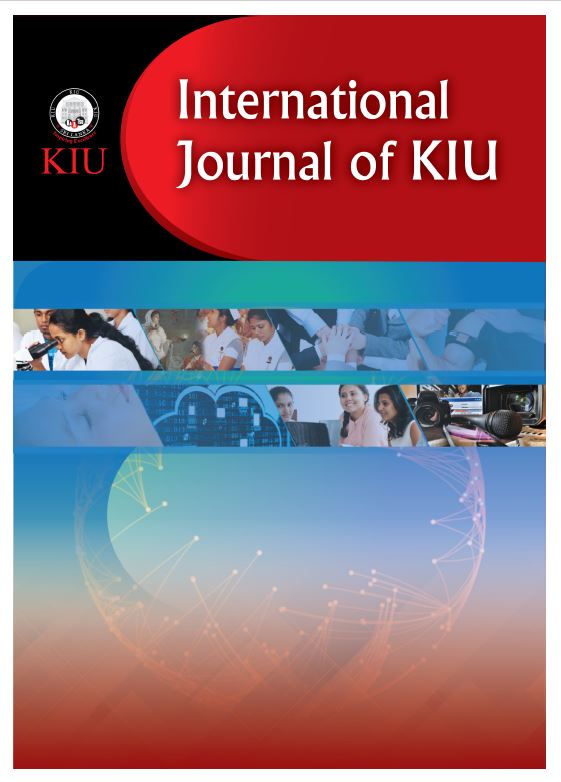
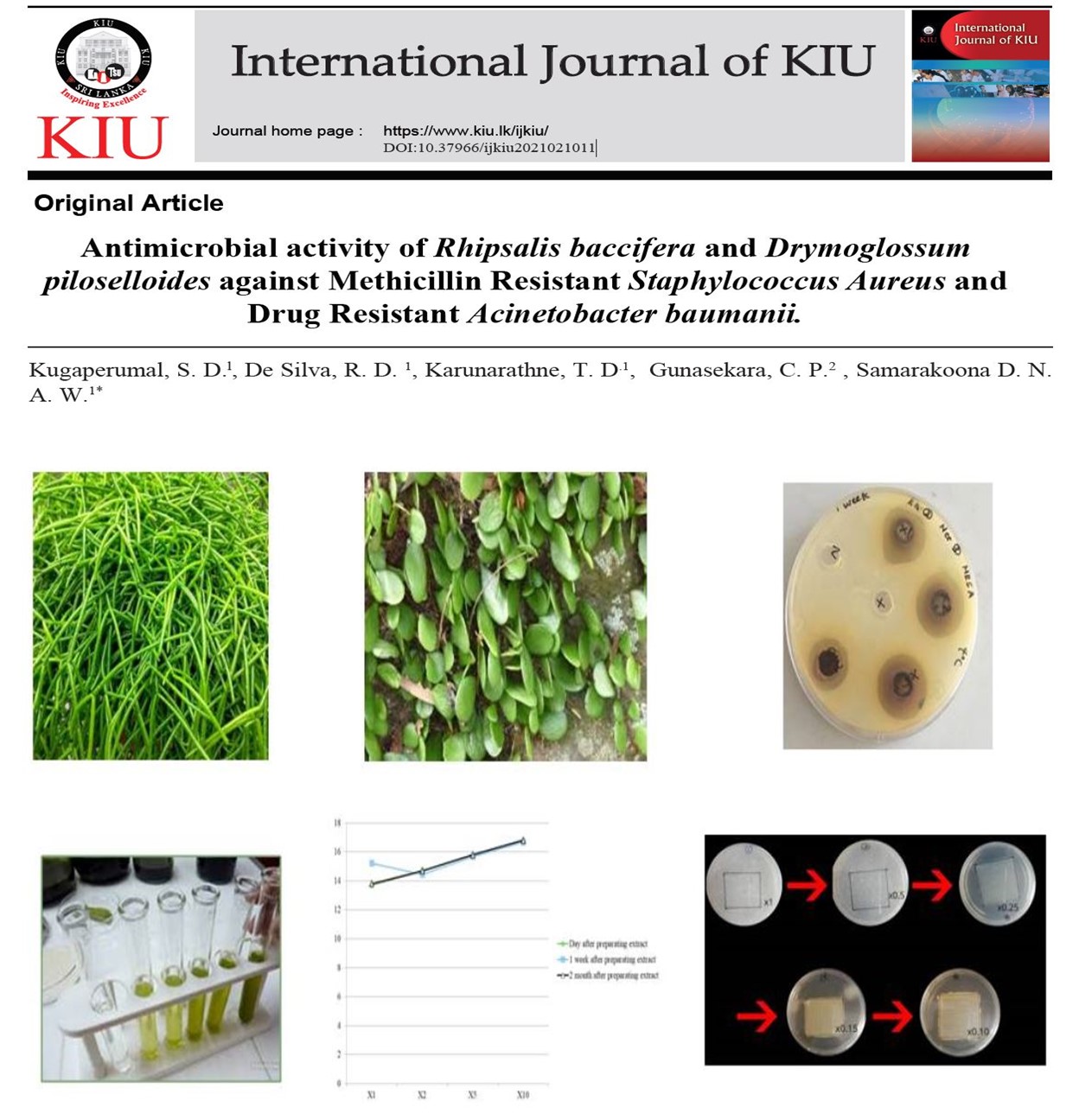
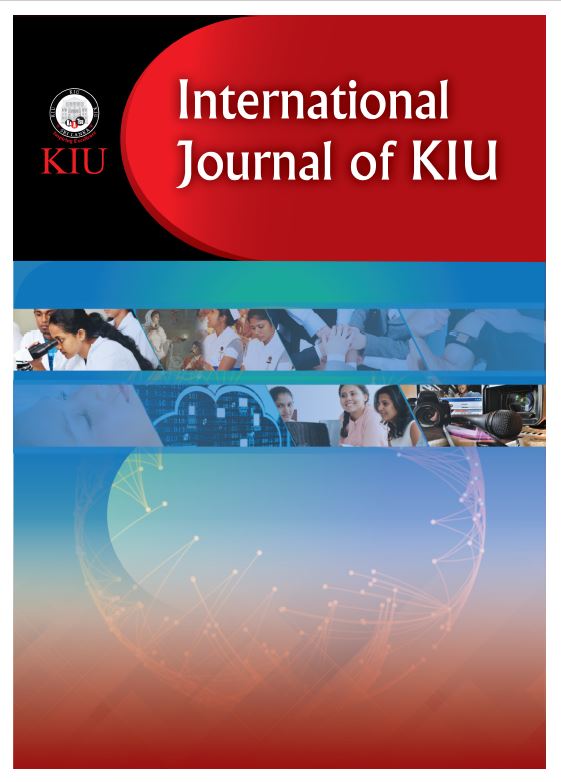
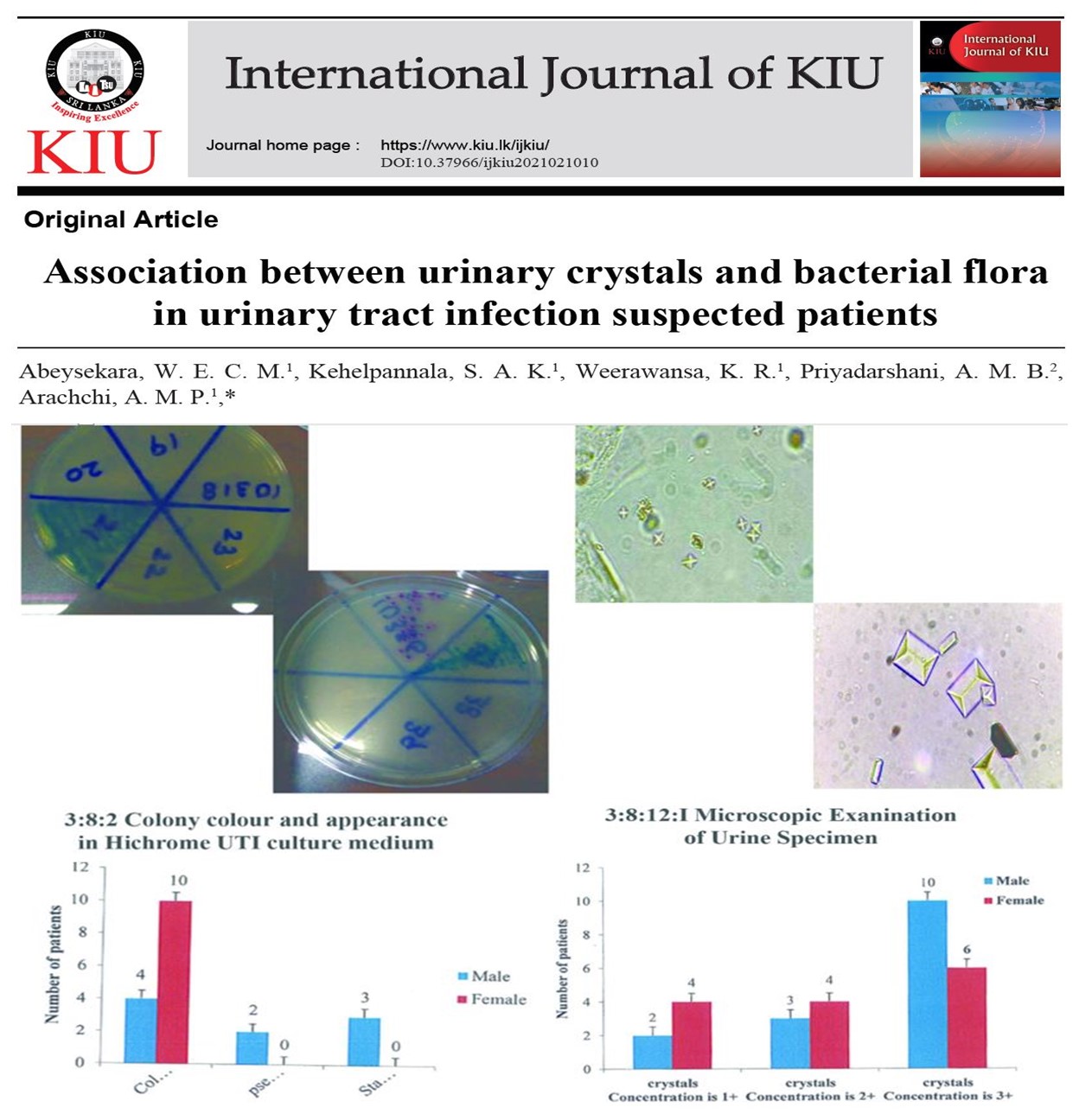
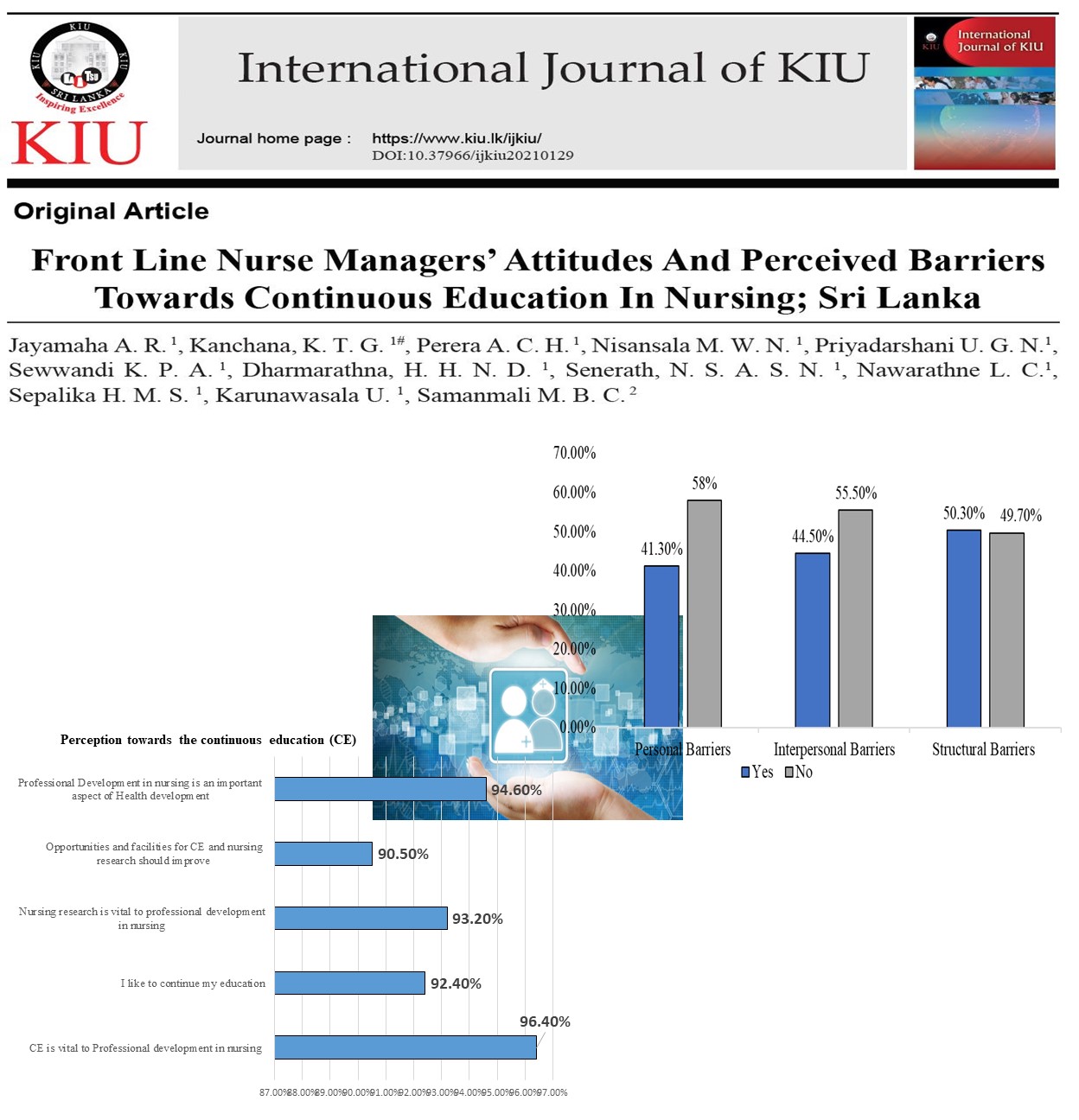
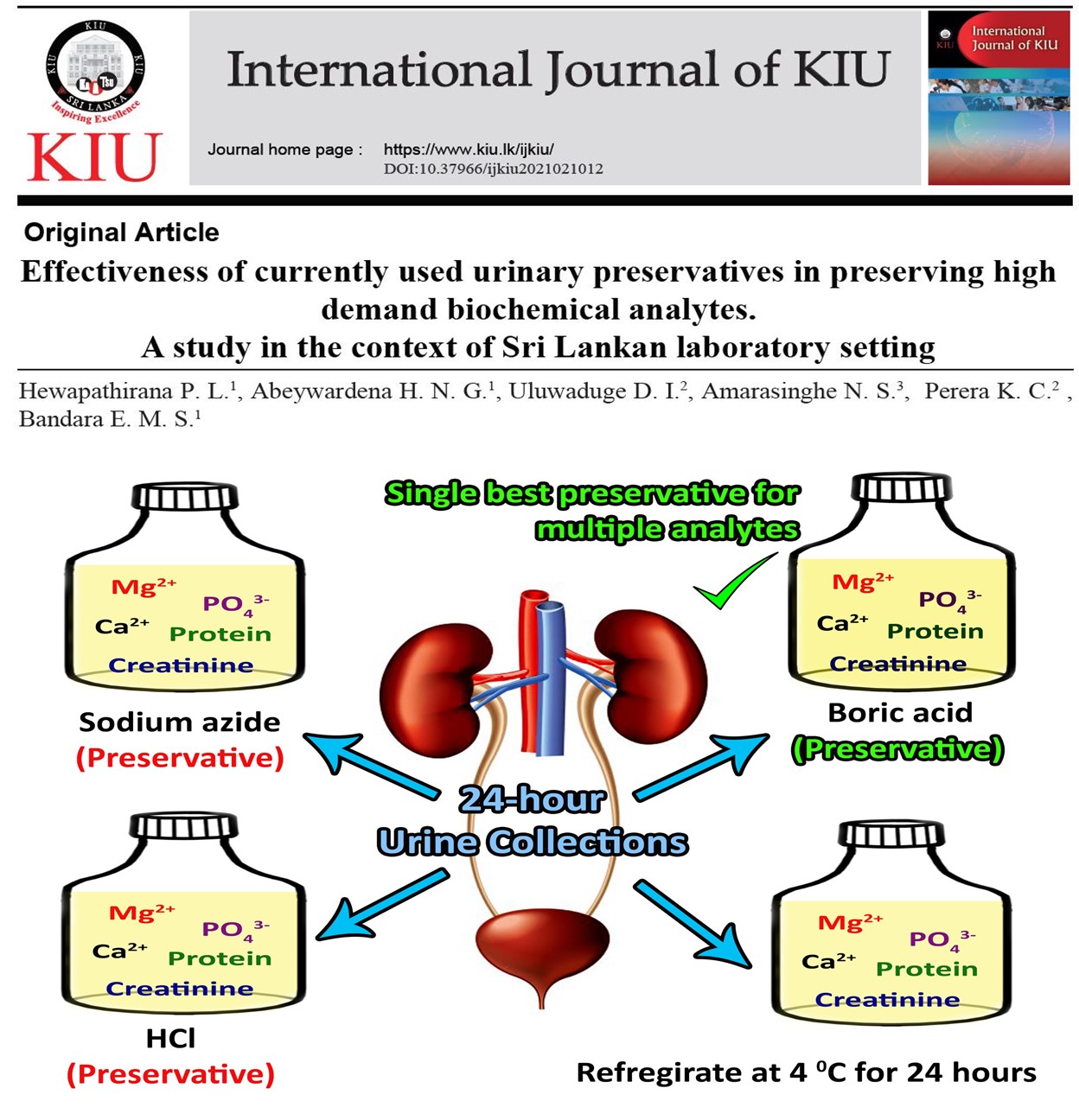
Related Articles